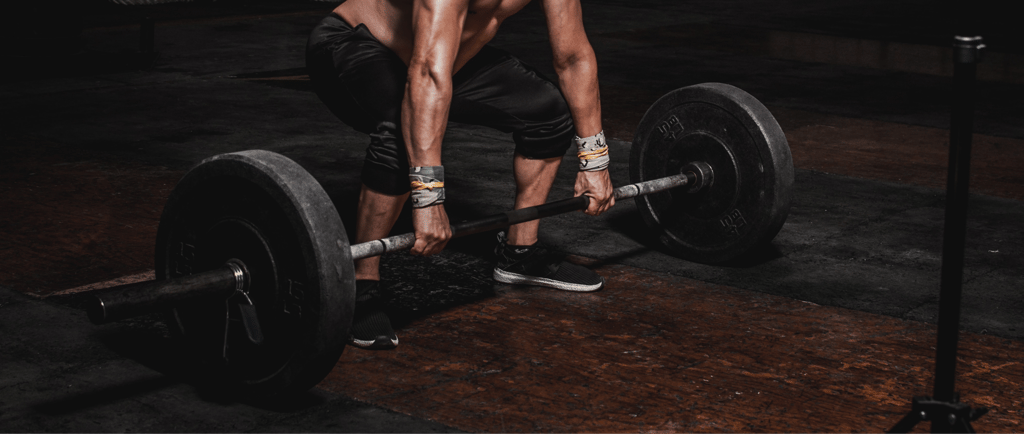Creatine Myths Busted: What It Really Does (and Doesn’t Do)
ChibsOlympia
8/6/20253 min read


“More than 500 studies have explored creatine — yet myths still dominate the conversation.”
Creatine is one of the most widely used supplements in the fitness world, and yet, it’s also one of the most misunderstood. From fears about kidney damage to the belief that it's basically a steroid, misinformation has given creatine a bad rap.
If you've been holding off because of what you’ve heard, this guide is here to set the record straight. Below, we’ll tackle the most common creatine myths — and bust them with science.
⚡ First, What Is Creatine?
Creatine is a compound made naturally in your body from amino acids like arginine, glycine, and methionine. It helps recycle ATP — the fuel your muscles use for quick bursts of energy — especially during high-intensity workouts like sprinting or lifting heavy weights.
When taken as a supplement (usually as creatine monohydrate), it helps replenish ATP faster, giving your muscles more energy to go harder, longer, and recover better.
❌ Myth #1: “Creatine Is a Steroid”
Truth: Creatine is not a steroid. Steroids are synthetic hormones that alter your body's natural testosterone levels. Creatine is a naturally occurring compound already found in your muscles and your food — especially red meat and fish.
It's legal, safe, and approved by major sports organizations like the IOC, NCAA, and WADA.
❌ Myth #2: “Creatine Will Damage Your Kidneys or Liver”
Truth: Creatine is safe for healthy individuals. Decades of research — including long-term studies — show no negative impact on kidney or liver function in people without pre-existing health conditions.
This myth likely started because creatinine (a breakdown product of creatine) is used to measure kidney health. Elevated creatinine doesn't mean kidney damage — just that your creatine levels are higher, which is expected if you're supplementing.
❌ Myth #3: “Creatine Makes You Go Bald”
Truth: There's no reliable evidence that creatine causes hair loss. This idea came from a single small study that showed a slight increase in DHT (a hormone linked to hair loss) in a group of rugby players. But that result has never been replicated.
No clinical trials have demonstrated that creatine causes balding or accelerates hair loss in healthy individuals.
❌ Myth #4: “Creatine Just Makes You Bloated with Water Weight”
Truth: Creatine can cause some water retention inside your muscles — not under your skin. This leads to fuller-looking muscles, not puffiness or bloating.
Most of the initial weight gain (around 1–3 kg) during creatine use is water being pulled into muscle cells. After this phase, weight usually stabilizes, and many users notice improved muscle tone and performance.
❌ Myth #5: “Creatine Causes Dehydration and Muscle Cramps”
Truth: Creatine doesn’t dehydrate you — it does the opposite. By increasing water content in muscle cells, it may actually improve hydration at the cellular level.
In fact, studies on athletes have shown that creatine users experienced fewer cramps and injuries compared to those not using it. As always, staying hydrated is important — with or without creatine.
❌ Myth #6: “Creatine Is Only for Bodybuilders or Men”
Truth: Creatine benefits everyone — not just gym bros. It supports muscle health in women, older adults, endurance athletes, and even sedentary people undergoing rehab or fighting muscle loss.
In clinical settings, creatine has shown promise in helping seniors maintain strength, and it's even being researched for use in neurological conditions like Parkinson’s and ALS.
❌ Myth #7: “You Must Load or Cycle Creatine”
Truth: Loading is optional, and cycling is unnecessary. You can choose to load with 20g/day for a week, but taking a consistent 3–5g/day will get you the same results over time.
There’s also no need to cycle off. Long-term use of creatine is considered safe and effective. The key is consistency — take it daily for best results.
✅ Final Thoughts
Let’s recap what creatine doesn’t do:
It’s not a steroid.
It won’t damage your kidneys or liver (if you’re healthy).
It doesn’t cause hair loss or puffiness.
It’s not just for men or bodybuilders.
It doesn’t need to be loaded or cycled.
It won’t dehydrate you — and might even help prevent cramps.
Instead, creatine is one of the most researched, affordable, and effective supplements available today. Whether you’re lifting, sprinting, recovering from injury, or aging gracefully — creatine can help.
Coming next: How to Take Creatine for Real Results — Dosage, Benefits, and What to Expect (Blog #2)
